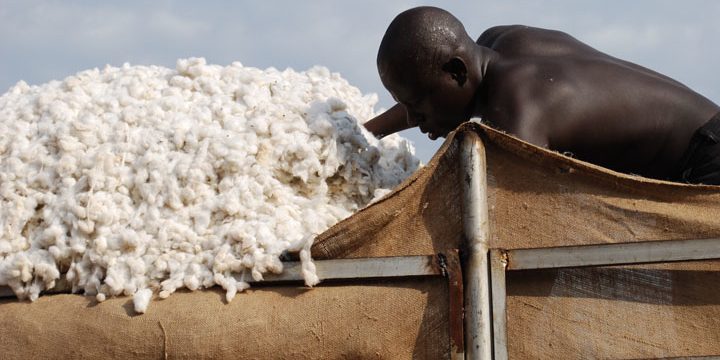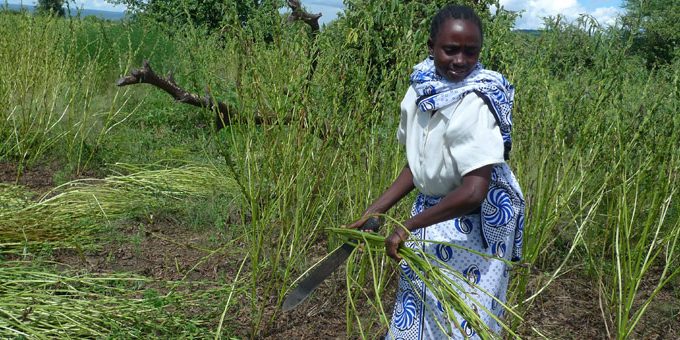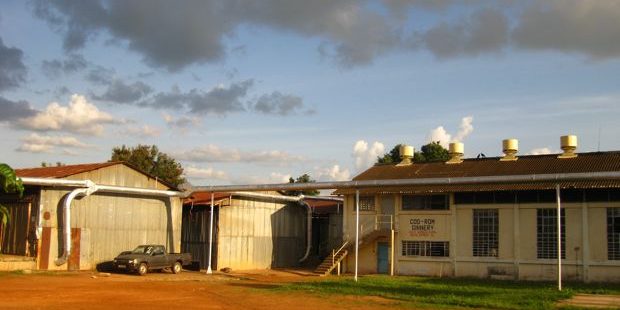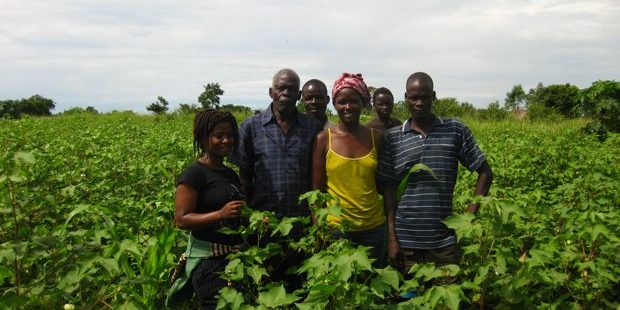About Us
Who we are
The Gulu Agricultural Development Company (GADC) is an agricultural extension and post-harvest management company operating across fourteen (14) districts of northern Uganda. GADC was established in 2009, to lease the Coo-Rom cotton ginnery in Gulu and help revive the cotton sector in this area. The company’s first task was to rehabilitate the cotton ginnery, which had been looted by the LRA and had not been used for 15 years. By December 2009, GADC was ginning cotton and having started with cotton training and production with its smallholder farmers, diversified into other crops.
In 2013, GADC extended its operations to East Acholi and in 2016 the operations were expanded to West Nile region. The GADC operations are located in three geographical areas. The west Nile, West Acholi and East Acholi. West Nile with its offices at the Rhino Camp Ginnery covers areas of Arua, Yumbe, Ajumani, Moyo and Koboko. The East Acholi operation area with its office at the Kitgum Ginnery covers Kitgum, Pader, Agago and Lamwo. West Acholi operation area has its offices at the Coo-Rom Ginnery covers Gulu, Amuru, Omoro, Nwoya and Oyam.
We buy the crops through buying agents situated throughout northern Uganda by providing each agent with cash (pre-finance) and they buy directly from farmers, who receive cash into their hands at time of selling. The seed cotton is stored and ginned at the Coo-Rom ginnery in Gulu where over 400 people are employed during the season.
The procurement network for chilies and sunflower is similar to cotton and is processed at facilities in Kitgum and Gulu where it is weighed, checked for quality, stacked and then exported.
GADC’s extension program focus and objectives:
GADC does not farm itself, but supports and buys crops from small holder farmers. Whilst sesame and cotton processing facilities were available, it was clear that the key barrier to growing crop volumes was poor farming techniques resulting in low yields.
GADC began working with donors to develop agronomic training programs. Farmers responded well, attending trainings enthusiastically and applying the teachings to their own gardens.
GADC sees farmer training in agronomy and financial literacy as the primary building block for household wealth creation in northern Uganda.
GADC can do the training, and, crucially, provide the market for all farmers’ produce.
The needs of small holder farmers’ in northern Uganda can be summarised in three sections:
- Improved productivity of farming activities: Low yields are environmentally damaging as more land is required under cultivation for a given amount of produce. They inhibit development as farmers produce too small a surplus to reinvest and build household wealth. Farmers need training in environmentally sound farming and improved access to agricultural inputs. With training and inputs, farmers’ yields can dramatically improve as the climate and soils are so good.
- Improved market systems for cash crops: Many parts of Acholi land are very remote, with poor roads and no cell phone reception. Farmers need to be able to sell their produce close to their farms as they don’t have own transport. Buyers of sesame and cotton need pre-finance to be able to pay farmers directly to avoid middlemen cheating remote farmers. The farmers, agents and transactions need to be recorded on an efficient data base to maintain accurate records and assess the effectiveness of interventions
- Financial literacy and access to financial services: Farmers currently do not budget for their enterprises so do not know what they should be achieving. Many do not have bank accounts, so keep cash in their houses where it is quickly lost or spent. They have no means to borrow to finance inputs or fixed capital to improve productivity. Financial training and services are vital to get full benefits of improved farming practices.


GULU AGRICULTURAL DEVELOPMENT COMPANY


Our training program curriculum for extension personnel and farmers is comprehensive and includes group organization, financial literacy and basic business skills in addition to agronomy best practices.
Gender balance is sought throughout the farmer network and over 75% of participants are aged between 18 – 30 years. Our post-harvest management relies on our integrated supply chain to procure, process, bulk, store, and deliver modest volumes of high quality organic commodities to overseas markets where the competition is tough and.
Gender balance is sought throughout the farmer network and over 75% of participants are aged between 18 – 30 years. Our post-harvest management relies on our integrated supply chain to procure, process, bulk, store, and deliver modest volumes of high quality organic commodities to overseas markets where the competition is tough and.
